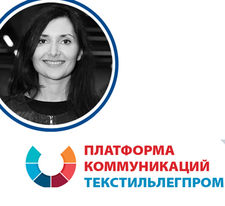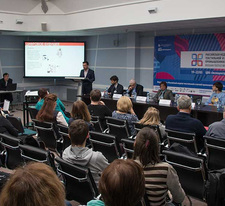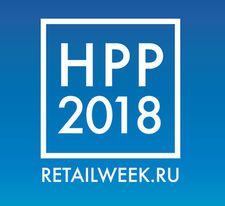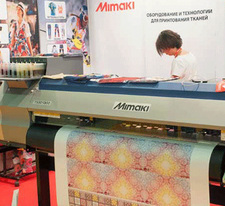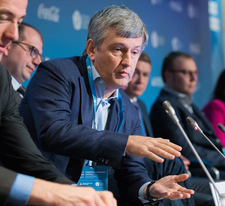From the digital Revolution to "ageism"
Modern fashion is fleeting, and new technologies require unprecedented decision-making speed and a new approach to work processes from the fashion industry. How all this affects the personnel market of the industry, we will find out from Maria Kelina, senior consultant, and Daria Tulubenskaya, partner of the company "Contact", InterSearch Russia.
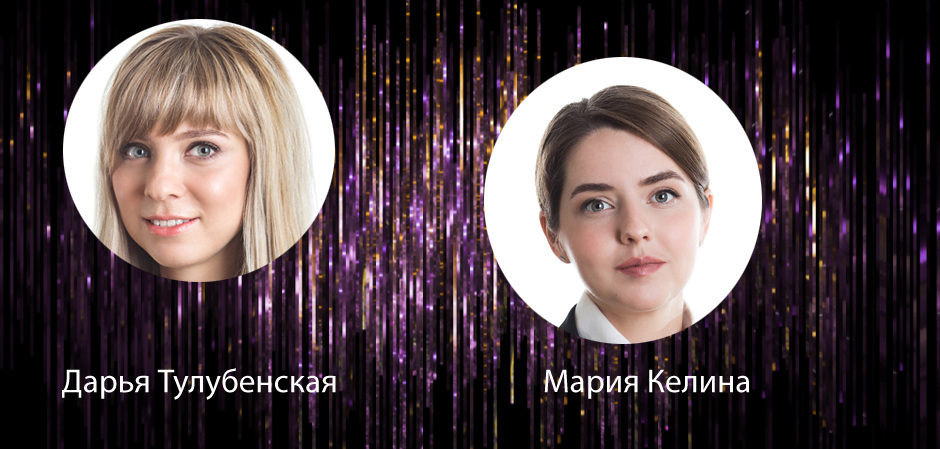
– How would you describe the situation on the fashion market as a whole?
MK: The fashion retail market can still be called quite dynamic, but its current development cannot be compared with the situation that was before 2017. Now we see that the time of easy organic growth has passed. According to various estimates, the growth rate of the market is quite modest and is about 2-3% per year. Analysts do not expect a significant increase this year: even according to the most positive forecasts, they are guided by 5% growth per year, and this is with an optimistic forecast regarding oil prices and exchange rates. We live in new realities in which, in order for the company to stay afloat, it needs to seriously fight for every percentage of profit. First of all, management teams are trying to reduce operating costs: they close unprofitable stores, reduce staff, and revise the bonus payment policy. It cannot be said that this process is negative. On the contrary, we consider it an anti-crisis "recovery" of the industry. After all, this is how all non-viable brands and trade formats go.
On the part of the cadres in the fashion market, we are also seeing a certain revival, but the nature of the search has changed. Previously, the request from customers was mainly due to the active growth of networks, in connection with which business development managers, heads of new business units, brand directors, etc. were needed. Now the search is becoming more closed, point-based, with a focus on business optimization. Often the opening of vacancies is associated with the change of inefficient managers or team members who do not meet the new course of the company.
D.T.: Therefore, most of the positions in our work are confidential. There are about 80% of such vacancies in our portfolio. Of course, for us it is a difficult task to motivate a person to get acquainted with a company without knowing the brand name. Not so long ago we had a case when a well-known retail chain, the leader of its segment, was looking for a marketing director: there were 4 stages of interviews, the last of which was attended by 5 members of the company's board of directors, and at that time the person did not yet know the brand name. Can you imagine how difficult it was to keep the motivation of a person who, plus, is not actively looking for a job? I must say that the case ended with the exit of this person to work. Upon learning the brand name, the candidate was not disappointed.

MK: We also see a gap precisely in the ratio of demand for specialists with certain experience and motivation and supply from companies. Candidates want to participate in business "start-up", start projects from scratch, "blow up" the market with new brands or technologies, while on the client's side there is a need for strong optimizers and system specialists who are able to look for growth areas in what already exists and has been working for years. Agree, it is always much more difficult to make a qualitatively new breakthrough where, it would seem, the predecessors tried absolutely everything.
Etc.: In addition, there is a trend of people returning to the company where they worked before. This can be effective if a person has managed to get expertise in other companies and he has something to bring already in a new position.
It should be noted that the number of counter-offers has grown significantly over the past two years. They usually happen after the candidate accepts an offer from a new employer. We, in turn, try to explain to the client that in order to minimize risks, you need to have two finalists for the project, and, of course, work with the motivation of the candidate and the true reasons for finding a job from the first acquaintance.
Alas, in most cases, when the current employer keeps the candidate in the same place, the search for a replacement person begins in parallel.
Therefore, my advice to candidates is: behave honestly towards the two sides, weigh all the arguments before accepting the offer, and if you have already made a decision, then stick to the chosen course.

–Which new players have entered the market and has this affected the development of the industry?
MK: In 2018, the rate of entry of new players into the market fell by 40-50%, although an increase is expected by the end of the year: the second half of the year is usually more pleasing with new names. So, in the first two quarters, COS, Bestseller and other brands announced their intentions to enter the Russian market independently - about 10 brands in total.
Etc.: – Earlier, UnderArmour entered the market, everyone was talking about it. Moreover, we have not heard such a number of questions from candidates who asked how to get a job in the office of this brand for a long time.
MK: Of course, many of them have already been presented through a distributor, so not all brands can be called absolute novelties on the market. At the same time, COS, for example, has repeatedly announced its plans for expansion, but implementation is progressing extremely slowly. This is due to the fact that investments in the Russian market are still considered high-risk, and many players continue to refrain from active actions.
Etc.: Another trend that we see on the market is the development of Russian projects. A vivid example is the companies 12storeez, IAMSTUDIO, etc. Basically, these are the brands that started online, and now have switched to the development of a retail format. Their advantages are flexibility, quick response to demand, very close communication with the buyer, customization.
MK: – There were also closures. For example, it was recently announced the liquidation of the sale of fashion products in the Otto and Quelle catalogs. The market also very quickly lost an interesting brand of decorative cosmetics MINA: from the high-profile opening to the collapse of the business, less than a year has passed, the company managed to open several boutiques in Moscow.
From the point of view of business growth, companies from the offprice segment (online and offline) have been holding steady leaders for the second year. This trend will continue: in the West, stock sales are growing by 32% per year, Russia shows about 25%. Among the innovations, we can note the growth of a new format of the "home goods" category, both independently in retail and within large networks. For example, Modi entered the market in 2017, now the brand has already opened about 40 stores. Familia (ofprice format) also invests in the development of household goods. In almost a year, the positive dynamics amounted to more than 10%, the pool of suppliers has grown significantly.
D.T.: – Of course, all this is reflected in the candidate market: for example, due to the rapid growth of the offprice segment, the need for people is very high. Not everyone in the market is ready to switch to a business model other than regular retail, so companies also attract people from related industries. If a person is a strong negotiator and a businessman, then due to this he will be able to quickly get involved in the specifics of the industry.
The market is being transformed, many people look primarily at the competence of a person. We had a case when a client chose a candidate based on competencies and personal profile using the TalentQ assessment tool, studied the candidate's completed projects, and only then looked at the resume and the companies in which the applicant worked.
Russian fast-growing companies also need external expertise and standards at some point, so the search for people is inevitable.
To be continued
Photo: shutterstock



